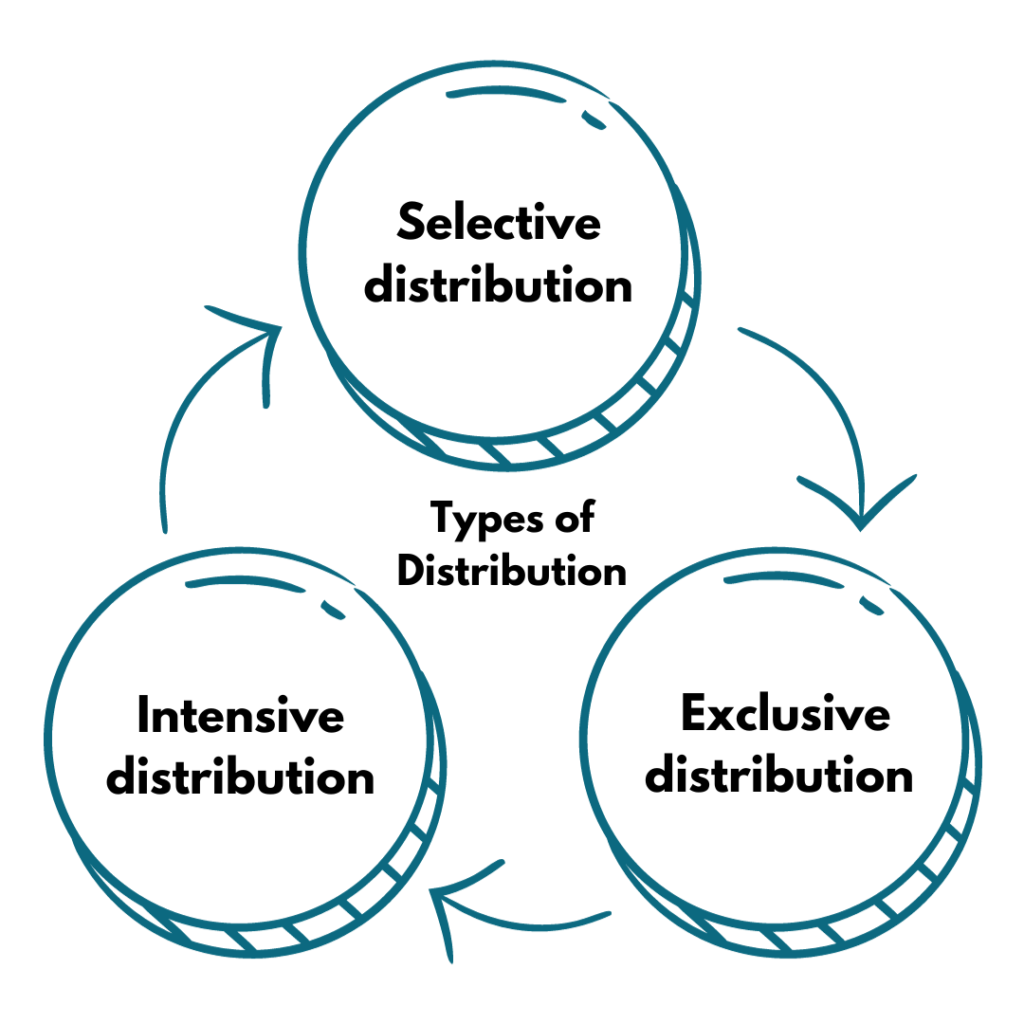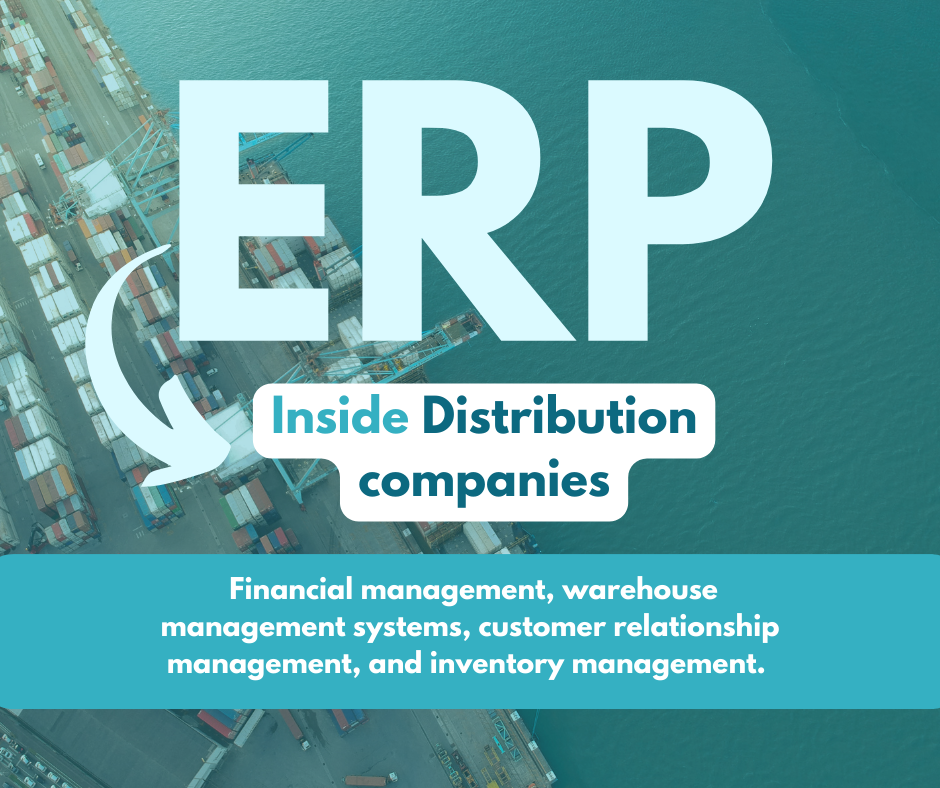ERP for the Distribution Industry
ERP for the Distribution Industry

The distribution industry is the second industry most likely to incorporate an Enterprise Resource Planning system. This occurs because for this type of business to flourish, the whole enterprise processes need to be working seamlessly. On the contrary, they could easily lose customers. First, let us explain how this industry works. We’ll illustrate the importance of acquiring an ERP software.
How does a Distribution company work?
The main responsibility of a distribution company is to manage the supply chain for a business. From vendors and suppliers towards manufacturers, and eventually to a point of sale. This process overall includes inventory, packaging, warehousing, and logistics preparation, besides dealing with the actual distribution of goods. In order to remain attractive to their market, they must deliver all products in perfect conditions, in record time. As an internal goal, this translates as being as efficient as possible while delivering.
Types of Distribution

There are three types of distribution: selective, exclusive, and mass or intensive distribution. The first type, selective distribution, refers to when a company limits its product reach through the collaboration with criteria-selected distributors. It is considered a limited-supply item where the goal is to attract a particular type of customer. The second type is exclusive distribution. This is a very limited item that an enterprise wants to sell as a very exclusive product. Usually this means only high-end clients. And finally, we have the mass or intensive distribution. This is where an enterprise looks to place their products in great quantities, in as many locations as possible. Their main goal is to get maximum market penetration using a distribution strategy.
A business can adapt more than one strategy depending on a specific product plan. Whichever strategy is chosen, it is key to deliver the finished product in the best quality to its destination. The distribution strategy must be flawlessly thought out. The main difference between each strategy lies in the number of items ordered. But regardless of the specific number, they all must be properly monitored to satisfy customer demand.
Usually, distribution companies get the products from manufacturers and sell them to either retail companies or end-users. They are a key factor for market demand satisfaction. The process of making sure all products arrive in the best quality possible may not sound at all complicated, but it could turn very problematic if not handled properly.
The role of ERP inside Distribution companies

As we have already established, the distribution process must run smoothly in order to be successful and secure customer loyalty. This means whoever is in charge of planning and execution has to be notified the moment something is not running as it should. And this is exactly where having an ERP system turns into a plus point inside this industry. When one of your delivery trucks is compromised you can get an instant alert of the issue, the same thing if you have run out of stock or even if you are about to miss a deadline. Real-time information eventually translates as a competitive advantage.
Even if every part of the distribution system runs accordingly, it is not always enough to keep a business above its competitors. Enterprise Resource Planning softwares are able to help any distribution company gain the necessary tools to be on top of its competitors. Some of these capabilities include financial management, warehouse management systems, customer relationship management, and inventory management. You have to be clear on what your business is lacking and what it excels at to be able to acquire a system that can maximize your strengths and minimize your weaknesses and obtain the best results your enterprise can possibly have.
Are you interested in knowing how we’ll help your distribution company?

